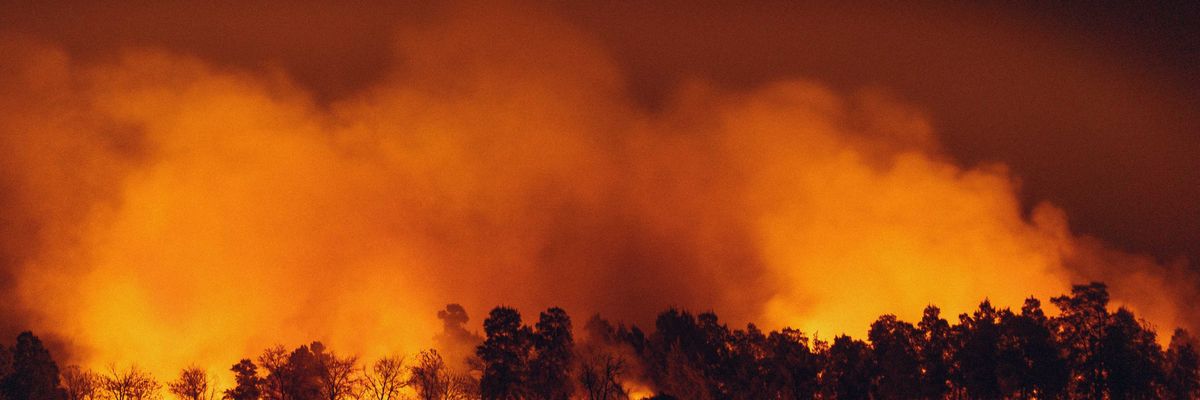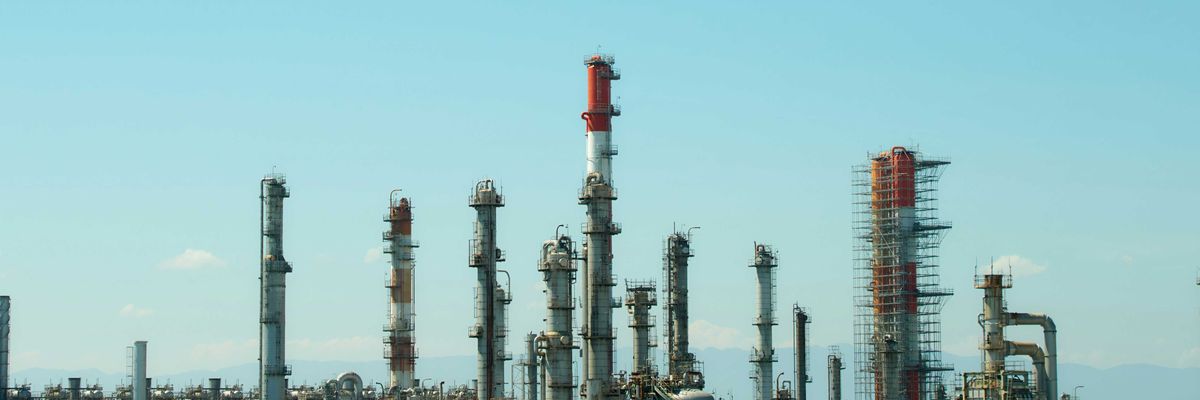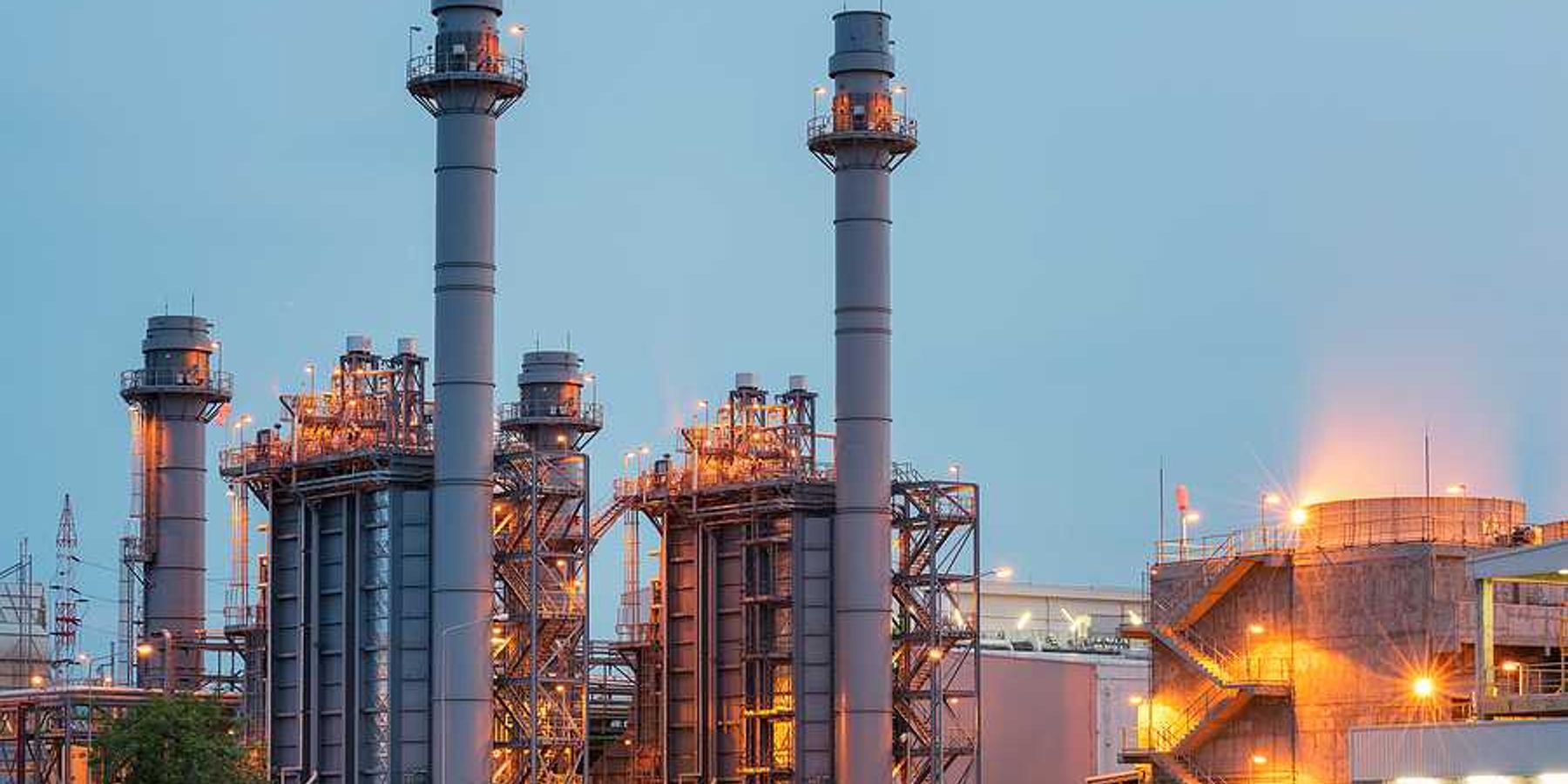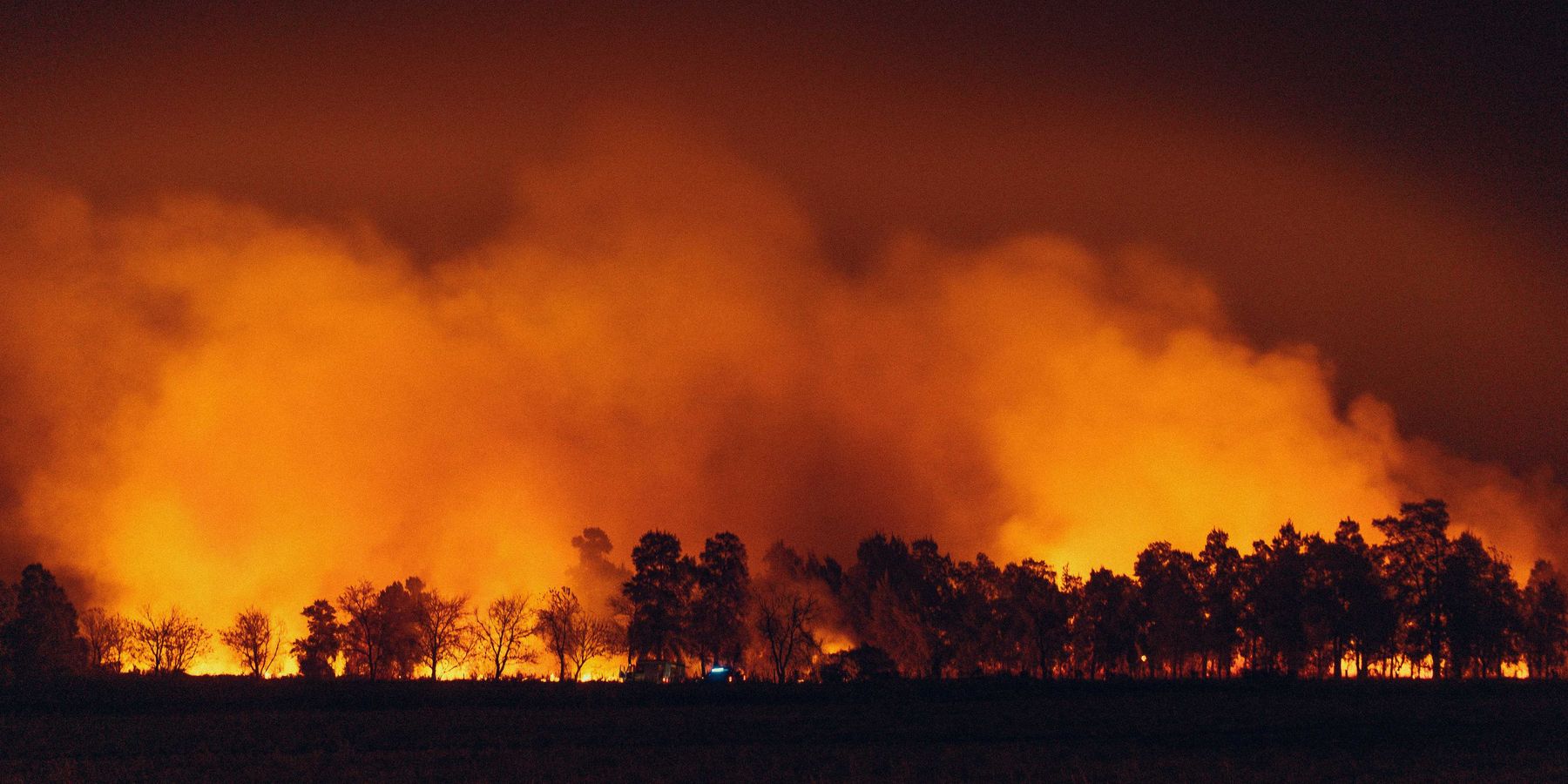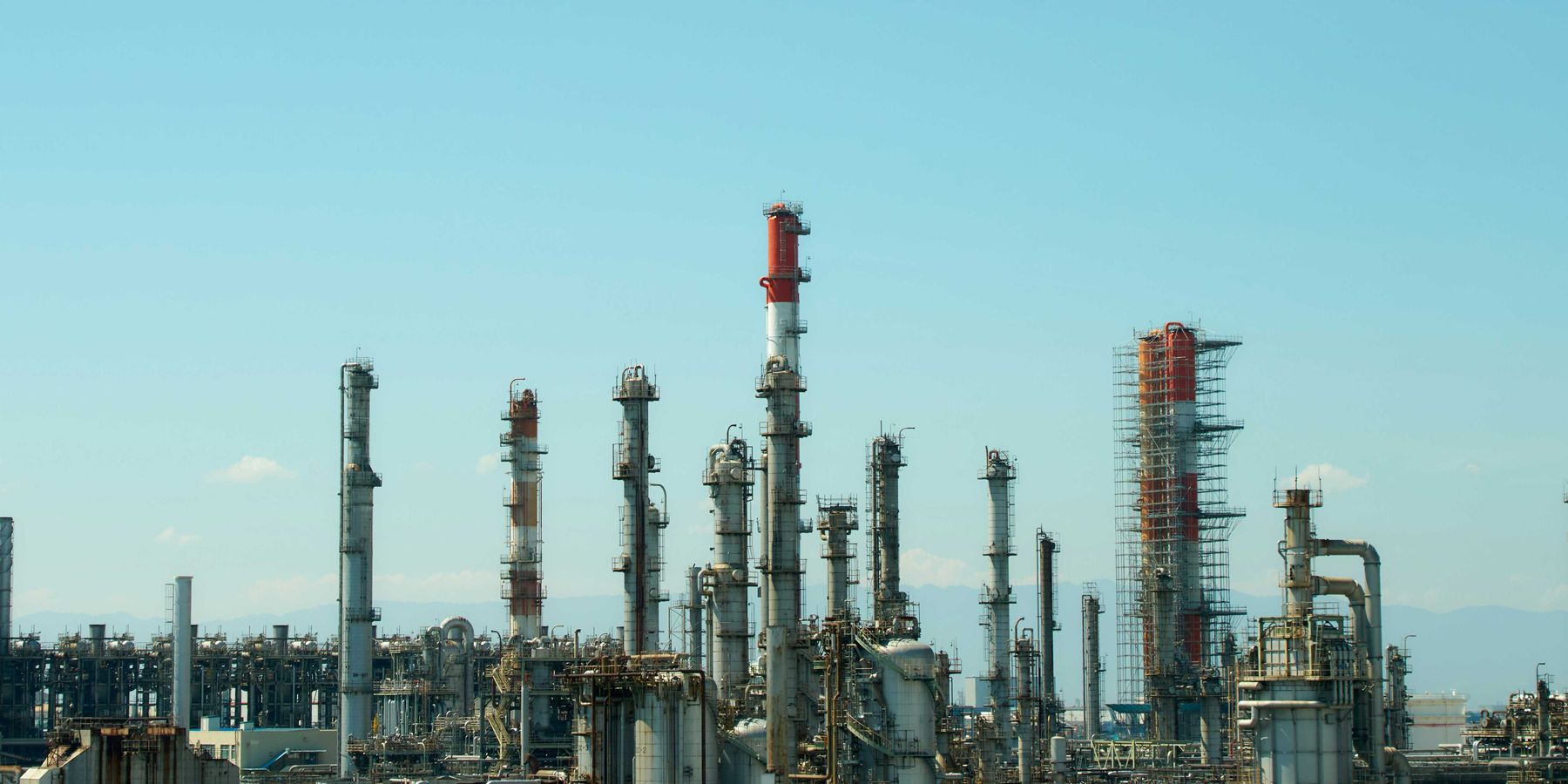radioactive waste
Climate change raises risks for sites with radioactive materials
As climate change intensifies, sites housing radioactive materials face increased threats from wildfires and floods.
In short:
- The Pantex Plant in Texas faced near-catastrophic wildfires, highlighting the vulnerability of facilities storing nuclear materials.
- Extreme weather events, fueled by climate change, pose increasing risks to dozens of sites across the U.S., potentially disrupting critical energy and defense operations.
- The Department of Energy now requires existing sites to assess climate risks, but new site permits often overlook future climate projections.
Key quote:
“I think it’s too early to assume that we’ve got all the worst-case scenarios resolved ... (because) what might have been safe 25 years ago probably is no longer safe.”
— Paul Walker, program director, Green Cross International.
Why this matters:
Climate change's impact on sites with radioactive materials can lead to severe health and environmental consequences, heightening the need for proactive planning and infrastructure upgrades to mitigate risks. Read more: Past deadline and over budget, nuclear energy is struggling.
Environmentalists rattled by radioactive risks of toxic coal ash
IAEA, Japan agree on continuous safety review of Fukushima water
Japan starts releasing radioactive Fukushima water
‘Nobody cares’: Russia’s arms buildup in Barents Sea creating toxic legacy
Indigenous people and experts say Moscow’s military push and increased shipping and mining will destroy Arctic environment.
Gov. Lujan Grisham: 'I will use every tool in my toolbox' to block nuclear waste storage in New Mexico
Navajo Nation officials, activists feel cut out as company advances uranium mining plans
When a foreign company started exploratory drilling for the possible return of uranium mining near Church Rock, community members say they were not informed in advance. “It was a complete shock,” Jonathan Perry, the director of Eastern Navajo Diné Against Uranium Mining, said of the process that started this winter.

